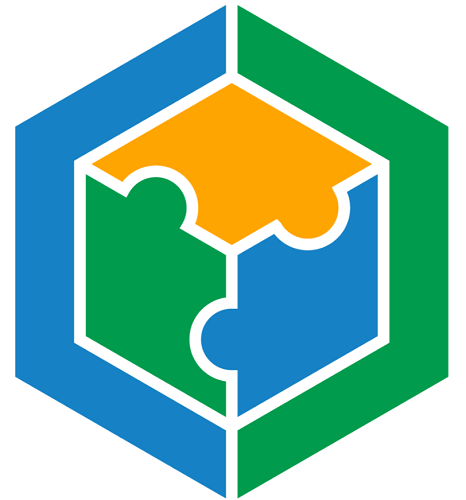Mastering Salesforce Cases: Streamlining Case Management
What Are Salesforce Cases?
In Salesforce, a case represents a customer inquiry, issue, or request that your organization needs to track and resolve. As an integral part of Salesforce Service Cloud, the Case feature provides a centralized view of customer interactions, making it easier for service departments to manage support requests effectively.
Cases help your service team:
Track customer issues from creation to resolution
Maintain a complete history of customer interactions
Automate support workflows
Provide timely and accurate customer service
Generate insights into service performance
Why Cases Matter for Your Business
The Case feature is available across multiple Salesforce editions, including Enterprise, Professional, Essential, Starter, and Pro. It's designed specifically for service departments looking to streamline their customer support processes.
Cases are crucial because they:
Ensure no customer inquiry gets overlooked or "lost in the shuffle."
Centralize all customer support activities in one place
Automate case assignment and escalation procedures
Provide a structured approach to issue resolution
Enhance customer satisfaction through timely responses
Deliver analytics for continuous service improvement
Best Practices for Effective Case Management
To get the most out of Salesforce Cases, consider these best practices:
Establish clear priorities: Define what constitutes high, medium, and low priority cases to ensure consistent handling
Create detailed case templates: For common issues, create templates to save time and maintain consistency
Set up automated case routing: Direct cases to the right teams based on predefined criteria
Implement escalation rules: Ensure critical issues don't fall through the cracks
Leverage reports and dashboards: Monitor key metrics like resolution time and customer satisfaction
Enable self-service options: Connect your knowledge base to allow customers to find solutions themselves
Real-World Applications
The Case feature transforms how service departments handle customer support:
Automated routing ensures cases reach the right specialist immediately
Self-service portals empower customers to find answers and submit cases 24/7
Service analytics help identify common issues and improvement opportunities
Mobile access allows service agents to update cases from anywhere
Integration with other Salesforce tools creates a seamless customer experience
Who Should Use Salesforce Cases?
The Case feature is ideal for:
Customer service departments handling support tickets
IT teams managing internal help desk requests
Field service operations coordinating on-site visits
Product teams tracking bug reports and feature requests
Any team that needs to track issues from submission to resolution
Next Steps to Implement Cases in Your Organization
Ready to improve your customer support processes with Salesforce Cases? Here are your next steps:
Evaluate your current process: Identify pain points in your existing support workflow
Configure case fields: Customize case fields to capture information relevant to your business
Set up automation: Implement assignment rules, auto-response rules, and escalation procedures
Train your team: Ensure everyone understands how to use cases effectively
Connect to other channels: Integrate cases with email, chat, phone, and social media
For personalized guidance on implementing Salesforce Cases for your specific needs, contact Development Consulting Partners today.
Additional Resources
About Shweta
Shweta is an experienced Salesforce administrator at Development Consulting Partners. With extensive Salesforce implementation and optimization expertise, Shweta helps organizations leverage Salesforce's full potential to improve business processes and customer experiences.
Certifications: Salesforce Certified Business Analyst, Salesforce Certified Administrator, Salesforce Certified Associate
LinkedIn: Connect with Shweta on LinkedIn
Trailhead Profile: View Shweta's Badges, Certifications, and Community Contributions






